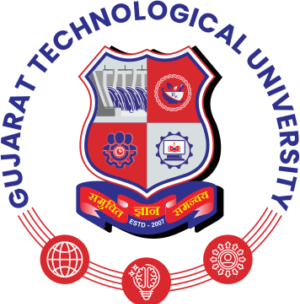Technology is a tool which can make human life easier, enjoyable and dynamic. In the real world widely used applications like television, radio, computers, mobiles etc. are designed and developed by Electronics and Communication Engineers.
Electronics and Communication Engineering is a prominent stream of engineering that deals with the study of electronic components along with function, circuits, devices and communication systems. It's a vibrant stream that encompasses both analog and digital electronics based on the semiconductor as well as various communication technologies and standards. Moreover it deals with advance transmitter, receiver, integrated circuits, voice and video broadcasting, microprocessors, satellite and microwave communication, cellular and internet services and various networking.
Electronics and Communication Engineering opens up great career prospects for the students. The students after completion of the degree can easily avail job opportunities in semiconductor and VLSI manufacturing industries, organizations such as broadcasting, cellular communication, consulting, data communication, entertainment, research and development; and system support. The candidates can also work in modern multimedia service firms that are involved in real-time transfer of information through video conferencing and internet broadcasting.
Program Outcomes
- Engineering knowledge: Apply the knowledge of mathematics, science, engineering fundamentals, and an engineering specialization to the solution of complex engineering problems.
- Problem analysis: Identify, formulate, review research literature, and analyze complex engineering problems reaching substantiated conclusions using the first principles of mathematics, natural sciences, and engineering sciences.
- Design/development of solutions: Design solutions for complex engineering problems and design system components or processes that meet the specified needs with appropriate consideration for public health and safety, and cultural, societal, and environmental considerations.
- Conduct investigations of complex problems: Use research-based knowledge and research methods including design of experiments, analysis and interpretation of data, and synthesis of the information to provide valid conclusions.
- Modern tool usage: Create, select, and apply appropriate techniques, resources, and modern engineering and IT tools including prediction and modeling to complex engineering activities with an understanding of the limitations.
- The engineer and society: Apply reasoning informed by the contextual knowledge to assess societal, health, safety, legal and cultural issues and the consequent responsibilities relevant to the professional engineering practice.
- Environment and sustainability: Understand the impact of the professional engineering solutions in societal and environmental contexts, and demonstrate the knowledge of, and need for sustainable development.
- Ethics: Apply ethical principles and commit to professional ethics and responsibilities and norms of the engineering practice.
- Individual and team work: Function effectively as an individual, and as a member or leader in diverse teams, and in multidisciplinary settings.
- Communication: Communicate effectively on complex engineering activities with the engineering community and with society at large, such as, being able to comprehend and write effective reports and design documentation, make effective presentations, and give and receive clear instructions
- Project management and finance: Demonstrate knowledge and understanding of the engineering and management principles and apply these to one’s own work, as a member and leader in a team, to manage projects and in multidisciplinary environments.
- Life-long learning: Recognize the need for, and have the preparation and ability to engage in independent and life-long learning in the broadest context of technological change.
Electronics and Communication Engineering Laboratory:
The plenty of opportunities are available for electronics and communication engineers as they are employed in variety of sectors such as telecom industries, semiconductor and VLSI industries, embedded and system design industries, civil aviation, defense, software and networking, power sector, hardware manufacturing and research and development. Electronics and Communication Department laboratories are well equipped. State of art fundamental and advance laboratories serve as a practical complement to theoretical lectures, allowing students to gain hands-on experience with electronic circuits, communication systems, and signal processing techniques. It also provide eco system where students can work on projects, conduct experiments, and troubleshoot issues under the guidance faculties. Moreover advance laboratory provides environment to carry out research in the various field also.
Prominent laboratories are :
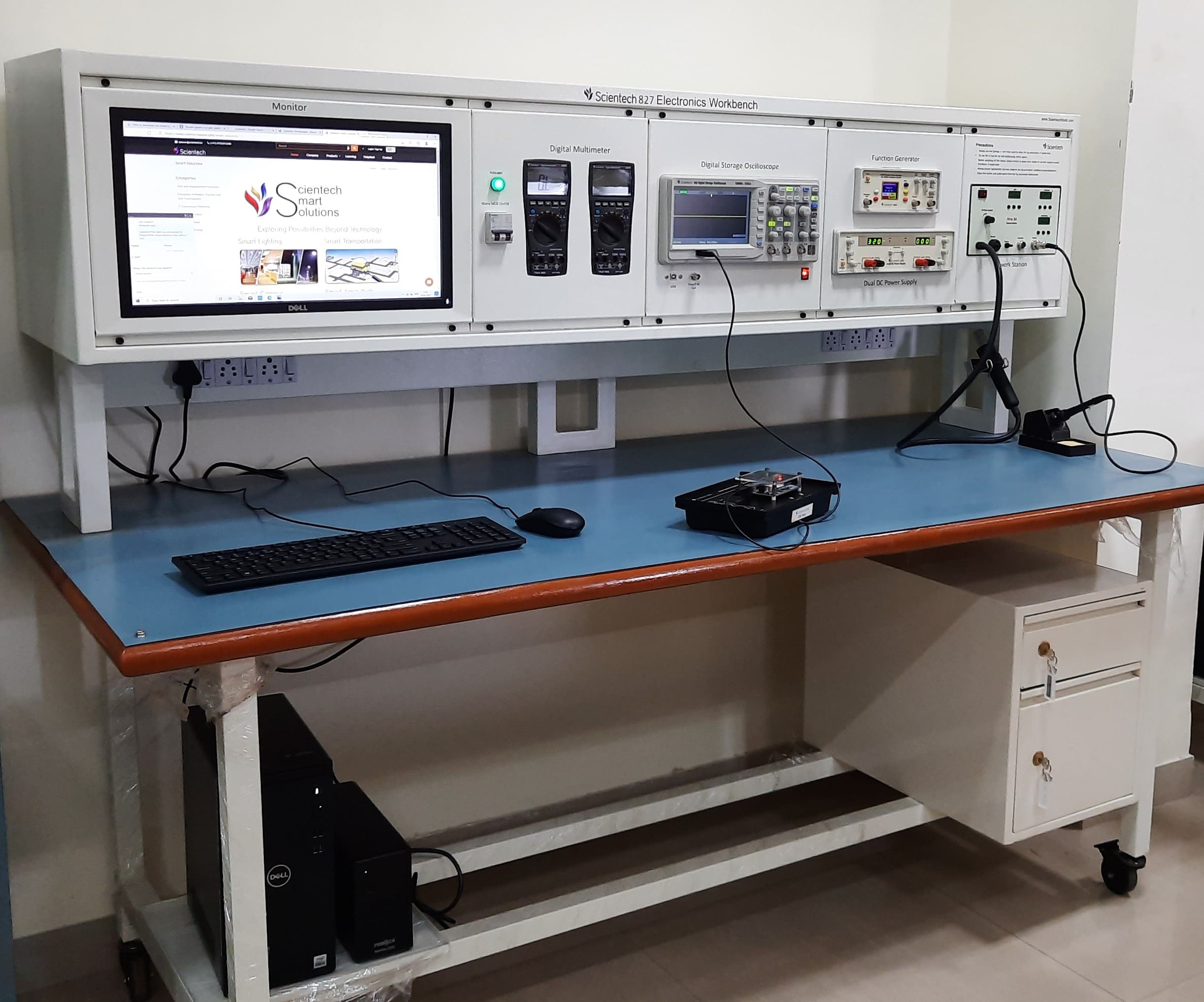

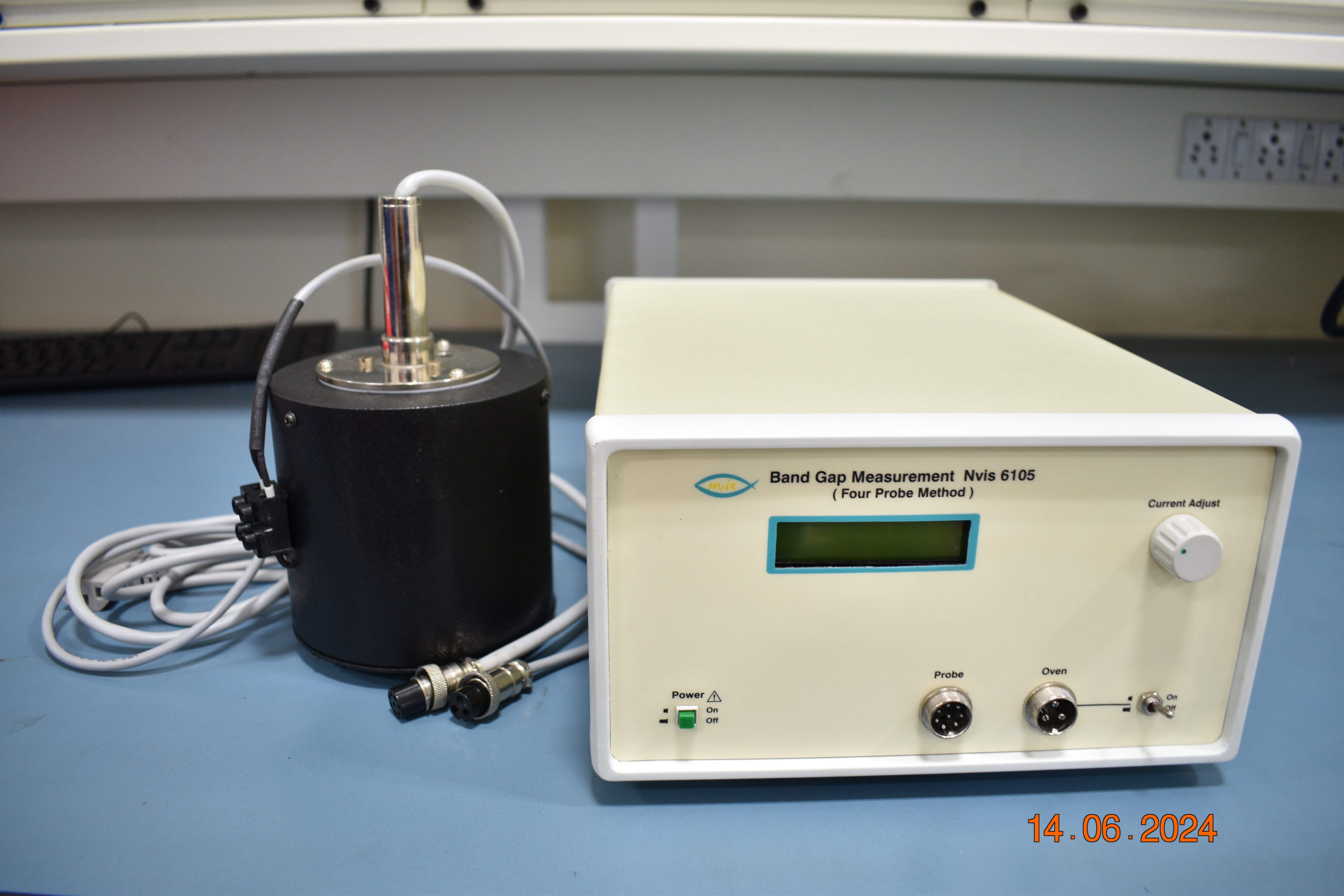
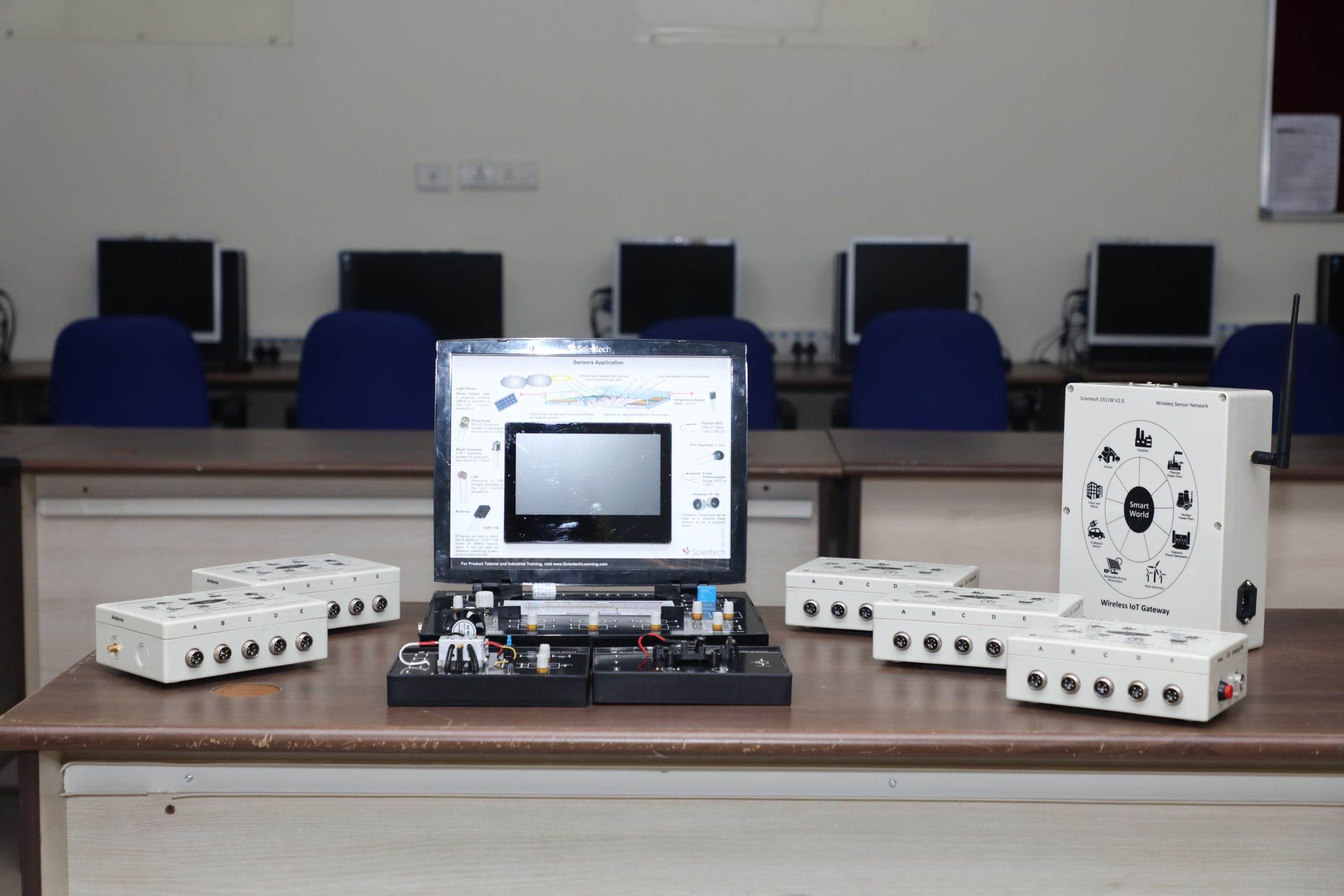
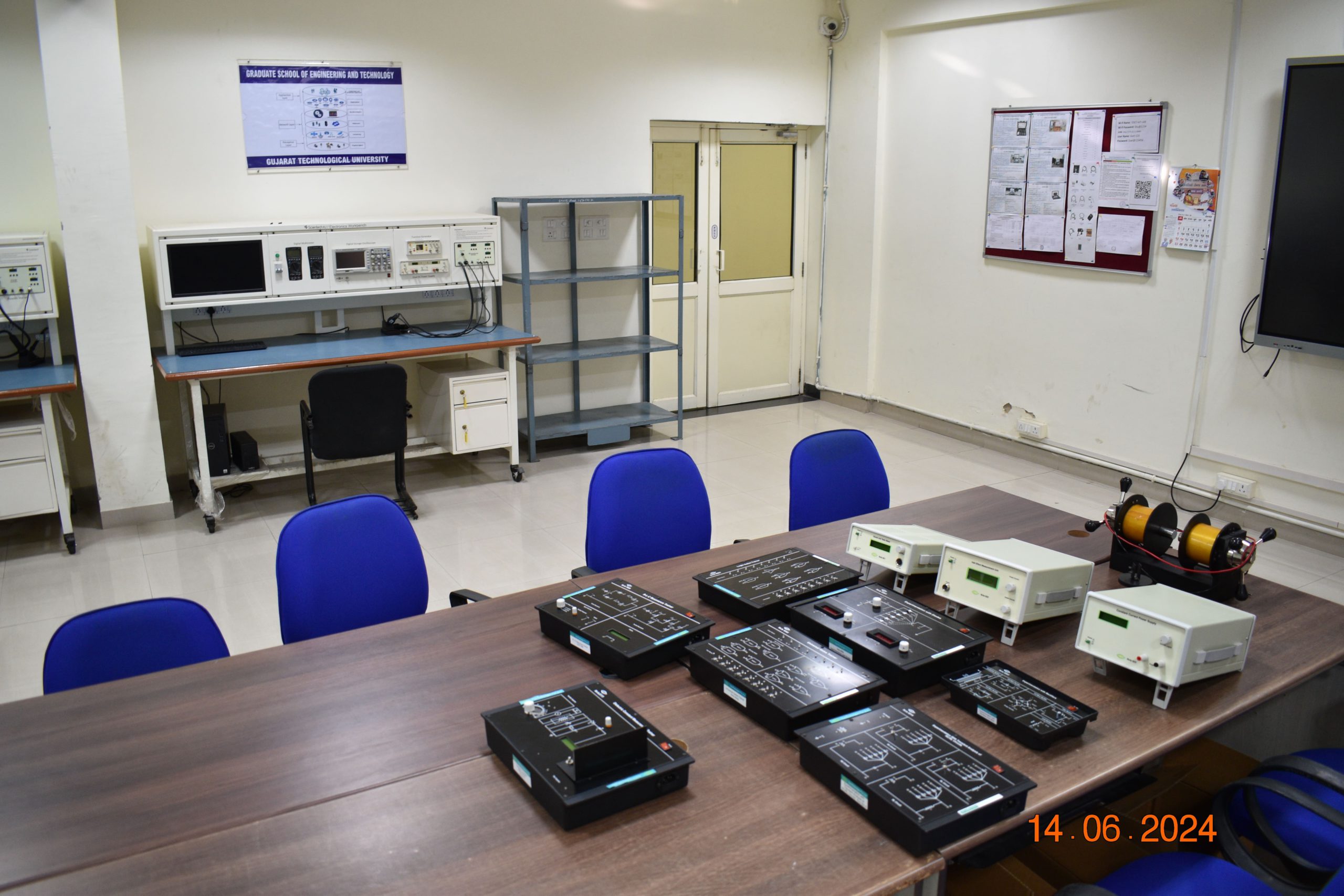

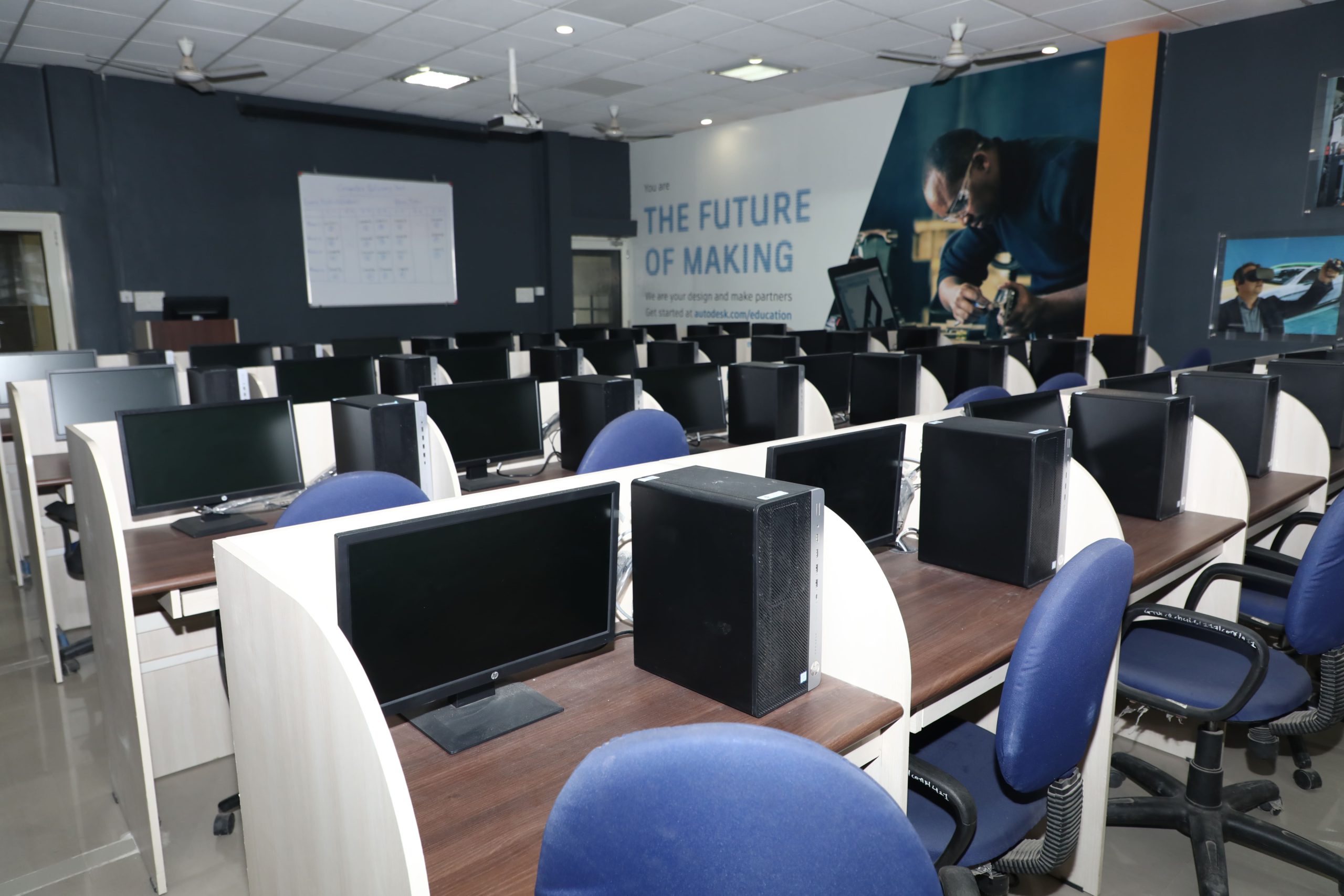

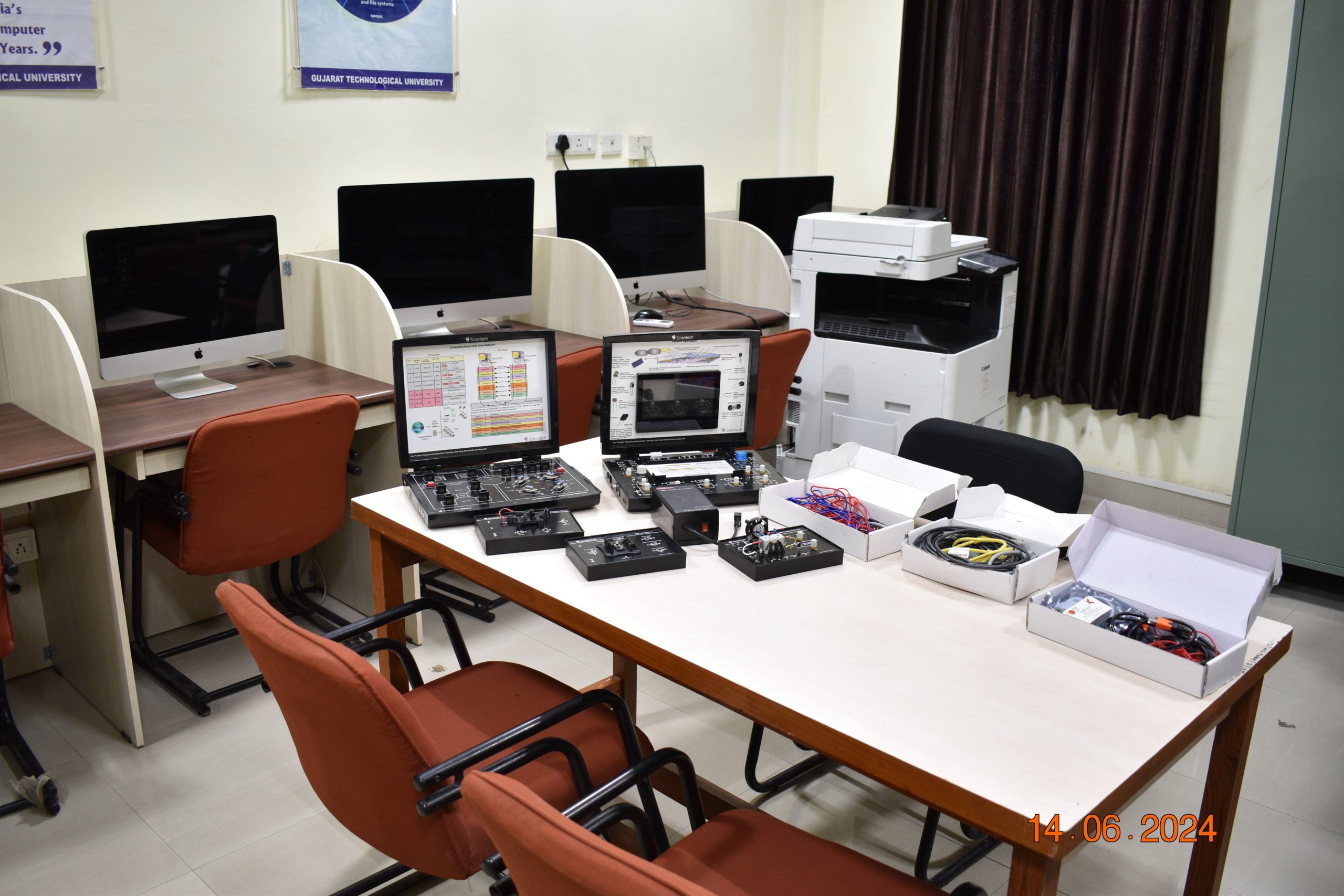
ESE (E) = University Theory Exam (External)
ESE (V) = University Practical Exam (Viva)
PA (M) = Progression Assessment (Mid Semester Exam)
PA (I) = Progression Assessment (Internal Continuous Evaluation -Practical/Term Work)
| Subject code and Category | Subject Name | Semester | Theory Hours | Tutorial Hours | Practical Hours | Credit | ESE (E) Marks | PA (M) Marks | ESE (V) Marks | PA (I) Marks | Total Marks |
|---|---|---|---|---|---|---|---|---|---|---|---|
| 3110002 Humanities and Social Science | English | 1 & 2 | 2 | 0 | 2 | 3 | 70 | 30 | 30 | 20 | 150 |
| 3110003 Engineering Science | Programming for Problem-Solving | 1 & 2 | 3 | 0 | 2 | 4 | 70 | 30 | 30 | 20 | 150 |
| 3110005 Engineering Science | Basic Electrical Engineering | 1 & 2 | 3 | 0 | 2 | 4 | 70 | 30 | 30 | 20 | 150 |
| 3110006 Engineering Science | Basic Mechanical Engineering | 1 & 2 | 3 | 0 | 2 | 4 | 70 | 30 | 30 | 20 | 150 |
| 3110007 Mandatory | Environmental Sciences | 1 & 2 | 2 | 2 | 0 | 0 | 70 | 30 | 0 | 0 | 100 |
| 3110012 Engineering Science | Workshop/ Manufacturing Practices | 1 & 2 | 0 | 0 | 4 | 2 | 0 | 0 | 80 | 20 | 100 |
| 3110013 Engineering Science | Engineering Graphics & Design | 1 & 2 | 2 | 0 | 4 | 4 | 70 | 30 | 30 | 20 | 150 |
| 3110014 Basic Science | Mathematics - 1 | 1 & 2 | 3 | 2 | 0 | 5 | 70 | 30 | 0 | 0 | 100 |
| 3110015 Basic Science | Mathematics - 2 | 1 & 2 | 3 | 2 | 0 | 5 | 70 | 30 | 0 | 0 | 100 |
| 3110016 Engineering Science | Basic Electronics | 1 & 2 | 3 | 0 | 2 | 4 | 70 | 30 | 30 | 20 | 150 |
| 3110017 Mandatory | Induction Program | 1 & 2 | 0 | 0 | 0 | 0 | 0 | 0 | 0 | 0 | 0 |
| 3110018 Basic Science (Elective) | Physics | 1 & 2 | 3 | 0 | 2 | 4 | 70 | 30 | 30 | 20 | 150 |
Tokyo
Tokyo is the capital of Japan.
